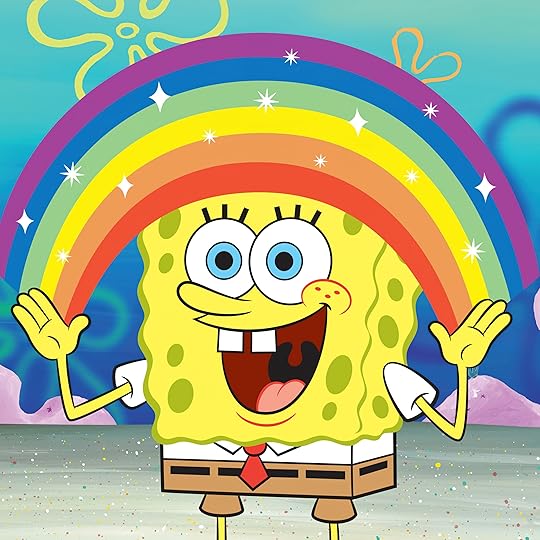What do you think?
Rate this book


559 pages, Kindle Edition
First published August 26, 2025
"Christ," said Peter. "Hell is a campus”
It felt good knowing how to fall. Feeling out the worst. Knowing that was an option.
To be a magician was to be that tortoise racing Achilles; deluding himself, as the runner loomed larger behind him, that space and time would hang still so that he might stay ahead.
I wish I were the night, so that I might watch your sleep with a thousand eyes.
Favoritism was well and fine if she was the favorite
Peter Murdoch was a book with no ending and all she wanted to do with the rest of her life was to trace her finger down every page.
"I don't think he likes me all that much, actually."
"Oh, he must. He followed you to Hell, didn't
he?"
There were words you said to create an effect, words constructed to influence your interlocutor. Then there were words you really believed, had believed all along, words just waiting for the right prod to spill.
"Oh, the horror! Oh, to not be clever”
"Magicians," she sighed. "Fools, all of us."
"Hell's lonely," said Peter. "You'll want company."
"Hell is other people, I've heard."



⁀ ⊹ ₊ To be a magician was to be that tortoise racing Achilles; deluding himself, as the runner loomed larger behind him, that space and time would hang still so that he might stay ahead.
⁀ ⊹ ₊ She gazed at Peter and thought, 'I wish I were the night, so that I might watch your sleep with a thousand eyes.'
⁀ ⊹ ₊ Peter Murdoch was a book with no ending and all she wanted to do with the rest of her life was to trace her finger down every page.
⁀ ⊹ ₊ “Go on. Be brave, love.”
